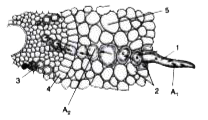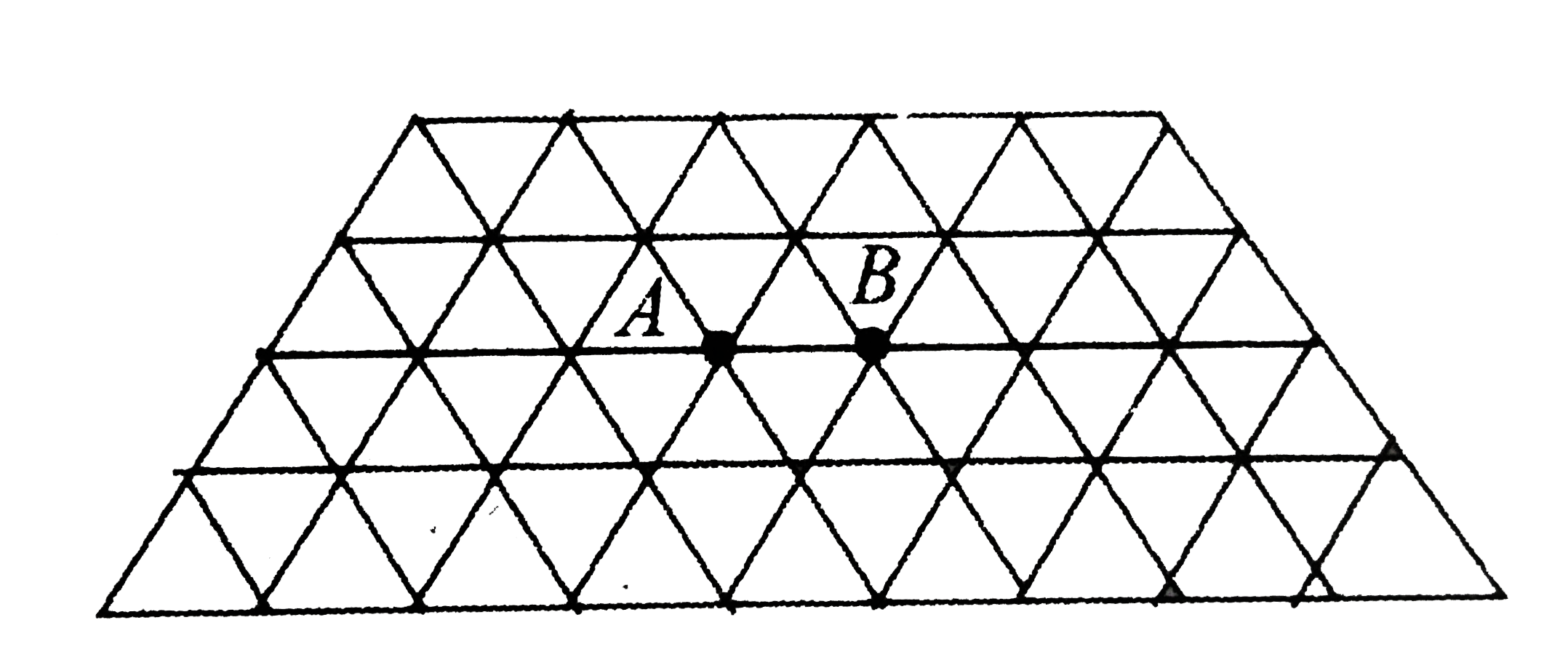Cells that form a neat row with nuclei near the center of each cell and that appear square in typical sectional views are :
stratified epithelium
squamous epithelium
cuboidal epithelium
columnar epithelium
The correct Answer is:C
To solve the question regarding the type of cells that form a neat row with nuclei near the center of each cell and appear square in typical sectional views, we can follow these steps:
1. Understand the Question: The question asks for a specific type of cell that has a central nucleus and appears square in cross-section.
2. Identify the Key Features: The key features mentioned are:
- Cells form a neat row.
- Nuclei are located near the center of each cell.
- Cells appear square in typical sectional views.
3. Consider the Options: The options provided likely include different types of epithelial tissues, as the term "epithelium" is mentioned.
4. Define Epithelial Tissues: Epithelial tissues are thin layers of cells that cover body surfaces and line cavities. They can be classified based on their shape and arrangement.
5. Analyze Each Option:
- Stratified Epithelium: This type has multiple layers and typically has a flat outer layer (squamous), which does not fit the description.
- Squamous Epithelium: This type consists of flat cells, which also does not match the square shape required.
- Cuboidal Epithelium: This type has cells that are cube-shaped (square in cross-section) with a central nucleus. This matches the description perfectly.
- Columnar Epithelium: This type has cells that are taller than they are wide (column-like), which does not fit the square shape.
6. Select the Correct Answer: Based on the analysis, the correct answer is Cuboidal Epithelium (Option C).
Final Answer:
The cells that form a neat row with nuclei near the center of each cell and that appear square in typical sectional views are Cuboidal Epithelium.
---
- Cells form a neat row.
- Nuclei are located near the center of each cell.
- Cells appear square in typical sectional views.
- Stratified Epithelium: This type has multiple layers and typically has a flat outer layer (squamous), which does not fit the description.
- Squamous Epithelium: This type consists of flat cells, which also does not match the square shape required.
- Cuboidal Epithelium: This type has cells that are cube-shaped (square in cross-section) with a central nucleus. This matches the description perfectly.
- Columnar Epithelium: This type has cells that are taller than they are wide (column-like), which does not fit the square shape.
The cells that form a neat row with nuclei near the center of each cell and that appear square in typical sectional views are Cuboidal Epithelium.
Topper's Solved these Questions
- STRUCTURAL ORGANISATION IN ANIMALS BOOK - VMC MODULES ENGLISHCHAPTER - STRUCTURAL ORGANISATION IN ANIMALS EXERCISE - ENABLE
50 Videos
- STRUCTURAL ORGANISATION IN ANIMALS BOOK - VMC MODULES ENGLISHCHAPTER - STRUCTURAL ORGANISATION IN ANIMALS EXERCISE - EFFICIENT
50 Videos
- STRATEGIES FOR ENHANCEMENT IN FOOD PRODUCTION [PLANT BREEDING]BOOK - VMC MODULES ENGLISHCHAPTER - STRATEGIES FOR ENHANCEMENT IN FOOD PRODUCTION [PLANT BREEDING]EXERCISE - In Chapter Exercise - B
10 Videos
- THE LIVING WORLD BOOK - VMC MODULES ENGLISHCHAPTER - THE LIVING WORLD EXERCISE - CHAPTER EXERCISE-D
9 Videos
Similar Questions
The cells formed by meiotic division contain half the number of chromosomes and are identical to each other.
View SolutionTo get maximum current through a resistance of 2.5Ω, one can use m rows of cells, each row having n cells. The internal resistance of each cell is 0.5Ω what are the values of n and m, if the total number of cells is 45.
View Solutioncells each of emf e and internal resistance r are joined in series to form a row and such rows are connected in parallel to form a battery of N = mn cells. If this battery is connected to an external resistance R.
Show that current f flowing through the external resistance R is given by :
I=NemR+nr
View Solutioncells each of emf e and internal resistance r are joined in series to form a row and such rows are connected in parallel to form a battery of N = mn cells. If this battery is connected to an external resistance R.
What is the emf of this battery and how much is its internal resistance ?
View SolutionIn an FCC unit cell a cube is formed by joining the centers of all the tetrahedral voids to generate a new cube. Then the new cube would contain voids as

View SolutionFour very long wires are arranged as shown in the figure, so that their cross - section forms a square, with connections at the ends so that current I flow through all four wires. Length of each side of the formed such square is b. The magnetic field at the central point P (centre of the square) is

View SolutionA flat square sheet of charge (side 50 cm) carries a uniform surface charge density. An electrons0.5 cm form a point near the center of the sheet experiences a force of 1.8×10−12N directed away from the sheet. Determine the total charge on the sheet.
View SolutionThe figure given below is a diagrammatic representation of a part of the cross-section of the root in the root hair zone. Study the same and then answer the questions that follow :

Draw a labelled diagram of the root hair cell as it would appear if some fertilizer is added to the soil close to it.
View SolutionThere is an infinite wire grid with cells in the form of equilateral triangles. The resistance of each wire between neighboring joint connections is R0 The net resistance of the whole grid between the points A and B as shown in fig.

View SolutionThe coordination number of each atom in body centered cubic unit cell is
View Solution
